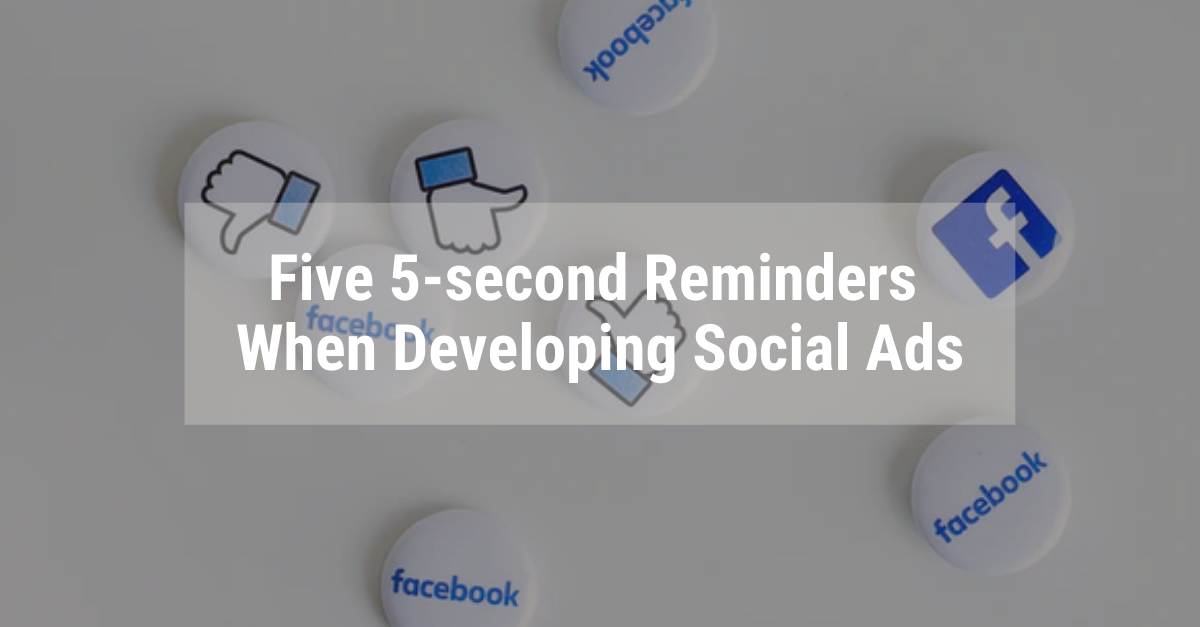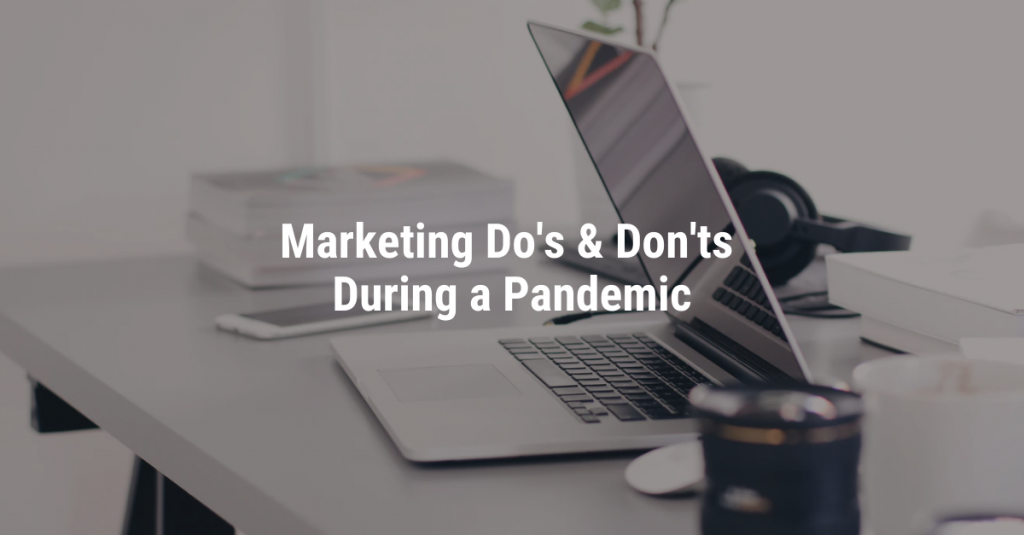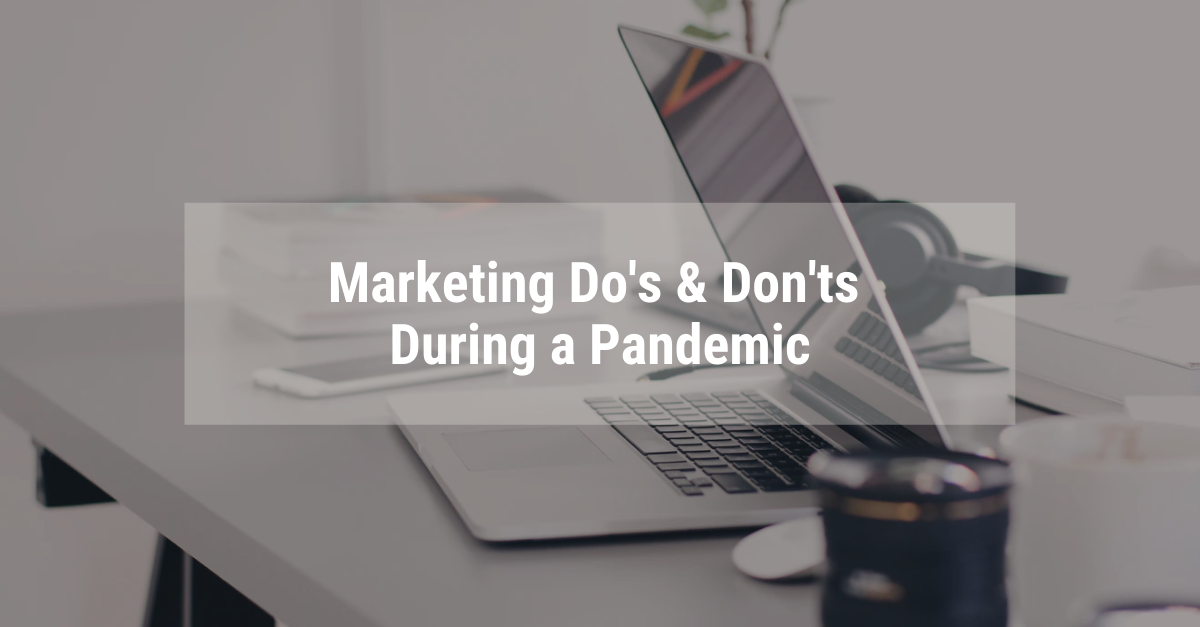
Four Tips to Better Understand Your Audience
July 8, 2020
Five 5-Second Reminders When Developing Social Ads
September 16, 2020
The escalation of COVID-19 has impacted every aspect of our lives. From upending our personal and professional lives to creating economic instability, the pandemic has majorly disrupted the way we interact with the world.
For brands, it’s safe to say that it’s no longer business as usual. As we adapt to our new realities, here are some strategies brands should adopt—and avoid—during the pandemic.
1. Do establish trust with communication
With anxieties running high among consumers and companies about safety and economic stability, it’s crucial to maintain trust. If something has changed that will affect others, provide honest, frequent updates as often as possible. When you are transparent, consumers feel reassured that you are doing everything you can to handle the crisis and will be more understanding when issues arise that are out of your control.
Sustaining a presence on social media channels is also helpful during this time. Your brand’s activity on social media will keep you connected to your audience at a time when physical presence is limited. This opens more opportunities to listen and better respond to your audience’s needs.
2. Don’t take advantage of the situation
When communicating about the pandemic, never minimize the value of quality versus quantity. The news cycle, and our inboxes, are currently crowded with messaging regarding the “the new normal.” At a time when people are starving for useful information, any messaging that doesn’t provide value can be a turn off.
Before hitting send, take time to think about whether putting out a statement is actually helping or if it’s just adding to the clutter. If not, it could come across as taking advantage of the pandemic for clickbait.
3. Do review all upcoming or current campaigns
By now, most of us have adjusted to life during COVID-19, and brands have resumed some familiar marketing content. However, that doesn’t mean that any planned campaigns should necessarily run as scheduled.
As an example, in the U.K., KFC suspended an ad campaign that featured people licking their fingers after eating the chain’s fried chicken, highlighting the brand’s signature, “finger lickin’ good” tagline. According to Ad Age, the campaign was met with complaints about promoting unhygienic behavior as early as late February. Additionally, Coors pulled a campaign calling its product the “official beer of working remotely” to avoid making light of and capitalizing off the pandemic.
Before going through with any pre-planned content, be sure to assess the appropriateness and tone of your message, as well as its potential connotations.
4. Do shift to online events
With large social gatherings no longer safe, conferences and other in-person events are unlikely to happen for the foreseeable future. For B2B businesses especially, the cancelation of these marketing events eliminates crucial face time that can strengthen a brand’s visibility, help generate or convert new leads, and build relationships.
Fortunately, consumer engagement online is increasing, meaning that B2B marketing can transition to virtual trade shows and events. In fact, virtual events are up by 1,000% since the pandemic began. Moving these events online will not only be easier to plan, but also offer a sense of continuity, allow for more attendee personalization, and simplify the collection of ROI and measurable data.
Additionally, putting on informational digital events like webinars can be a great way to keep audiences informed as well as encourage engagement.
5. Don’t underestimate empathy
While you don’t want to oversaturate your audience, sharing pertinent information as to how your company is protecting its employees and consumers, and supporting its communities can humanize an organization. According to recent research by Twitter, 89% of respondents said brands should support vulnerable people within their communities and 80% said that brands should show how they’re supporting their employees.
While you should steer clear of any self-serving statements, showing you understand the context of the crisis and how you are actively putting people first can reinforce a more personal connection to your audience.
Looking for more guidance? Drop us a message and we can point you in the right direction.






